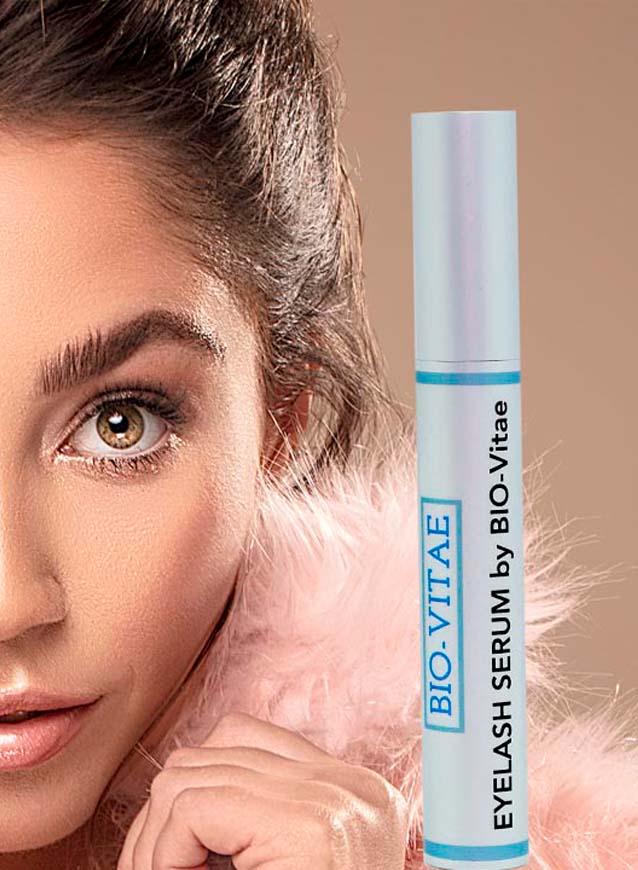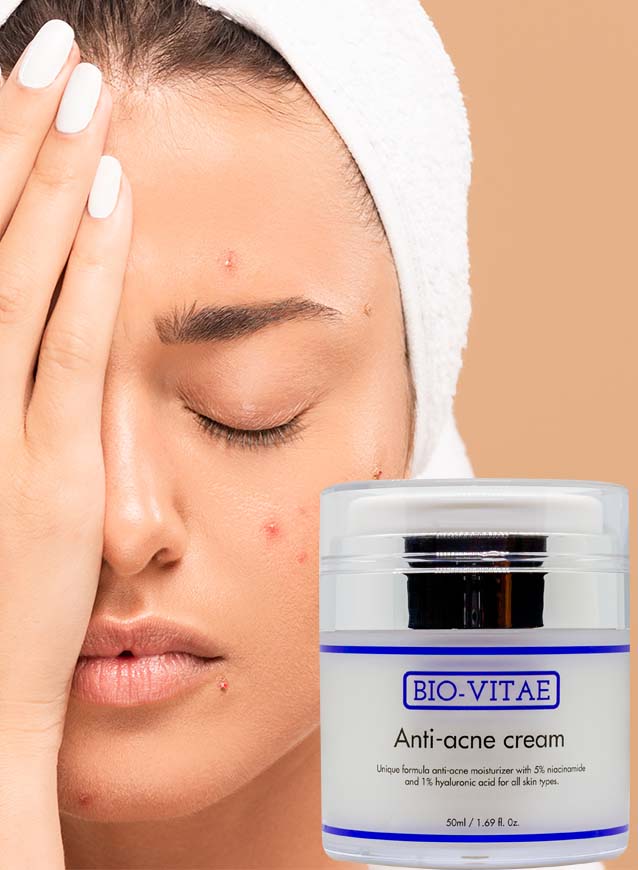A brief explanation about Retinol in skin care

Retinol in skin care: How it can improve your skin
Retinol is a powerful ingredient in skin care that can have many benefits for your skin. It is a form of vitamin A that can reduce wrinkles and fine lines, improve skin texture and tone, and fight acne and blemishes.
How does retinol work?
Retinol works by increasing the production of collagen and improving skin cell renewal, which can lead to more youthful looking skin. It can also reduce hyperpigmentation, which is the overproduction of melanin in the skin, which can cause dark spots and discoloration.
How is retinol used?
It is important to use retinol correctly to avoid irritation and dryness. It is recommended to start with a low concentration of retinol and gradually increase the concentration over time. It may take a few weeks or months before you see results, so it's important to be patient.
It's also important to use sun protection when using retinol, as it can make your skin more sensitive to sunlight and cause burns and damage.
Who can use retinol?
Retinol can be used by most people, but it is important to consult a skin care professional if you have very sensitive or irritated skin, as retinol can aggravate these conditions. Pregnant and breastfeeding women should also avoid using retinol.
Conclusion
Retinol is a powerful skin care ingredient that can have many benefits for your skin if used correctly. It is important to start with a low concentration and increase gradually over time, as well as use sun protection to avoid damage to the skin. If you are unsure if retinol is right for you, you can always consult a skin care professional.
References:
- Mukherjee, S., Date, A., Patravale, V., Korting, H. C., Roeder, A., & Weindl, G. (2006). Retinoids in the treatment of skin aging: an overview of clinical efficacy and safety. Clinical interventions in aging, 1(4), 327-348.
- Dreno, B., Fischer, T. C., Perosino, E., Poli, F., Viera, M. S., Rendon, M. I., ... & Bettoli, V. (2010). Expert opinion: efficacy of superficial chemical peels in active acne management—what can we learn from the literature today?. Evidence-Based Complementary and Alternative Medicine, 2010.
- Kafi, R., Kwak, H. S. R., Schumacher, W. E., Cho, S., Hanft, V. N., Hamilton, T. A., ... & Voorhees, J. J. (2007). Improvement of naturally aged skin with vitamin A (retinol).








